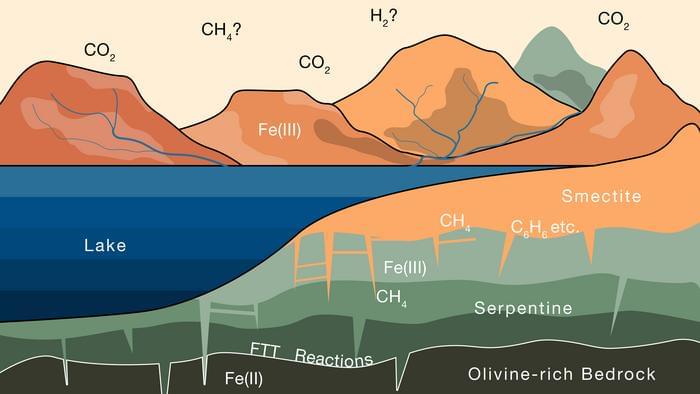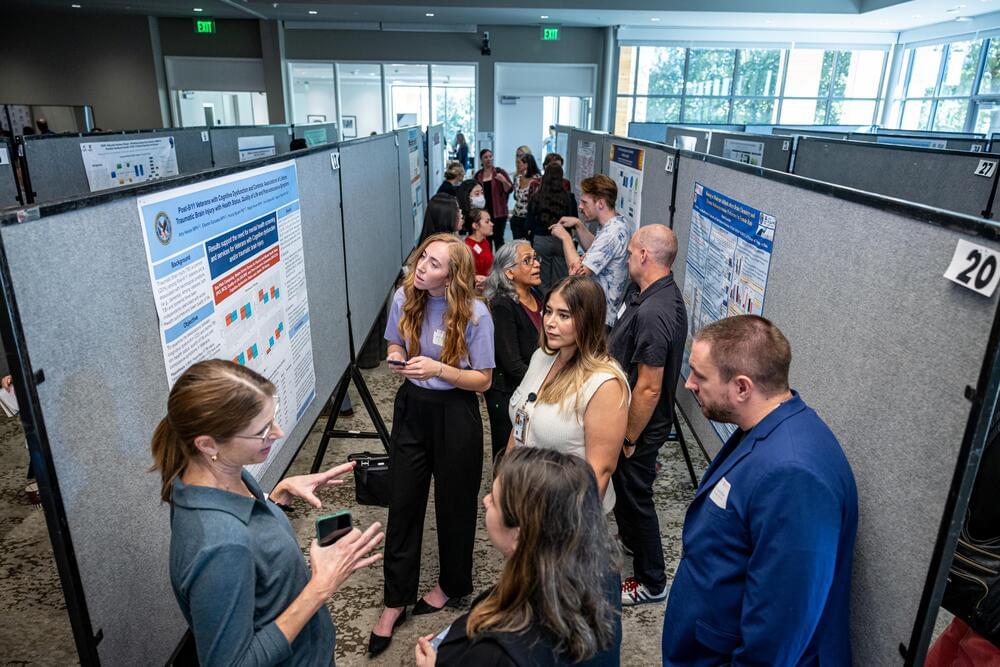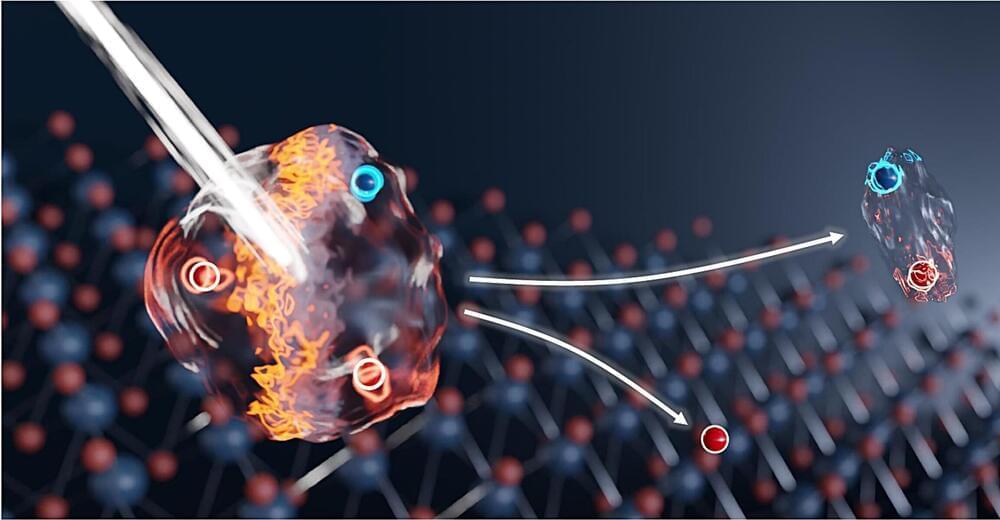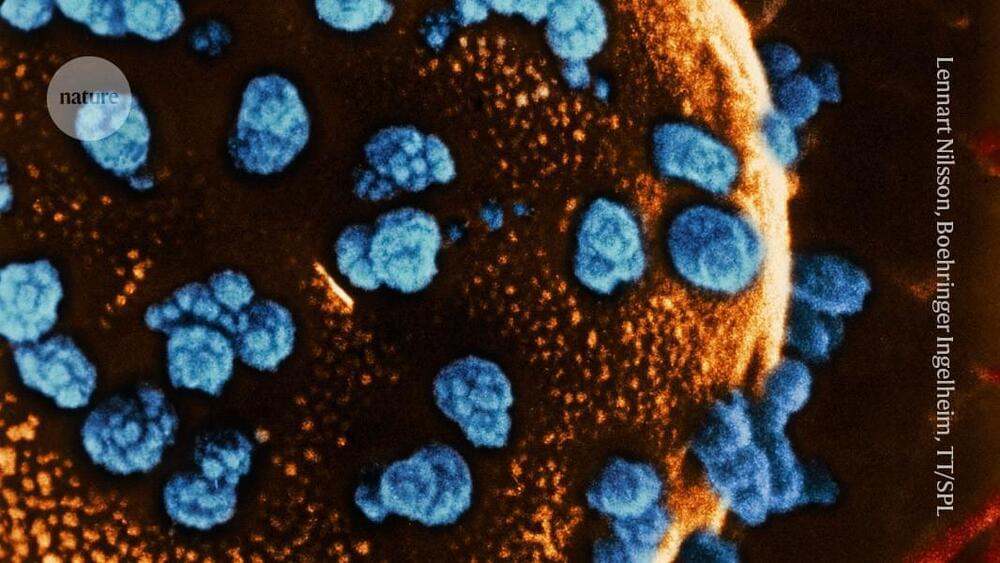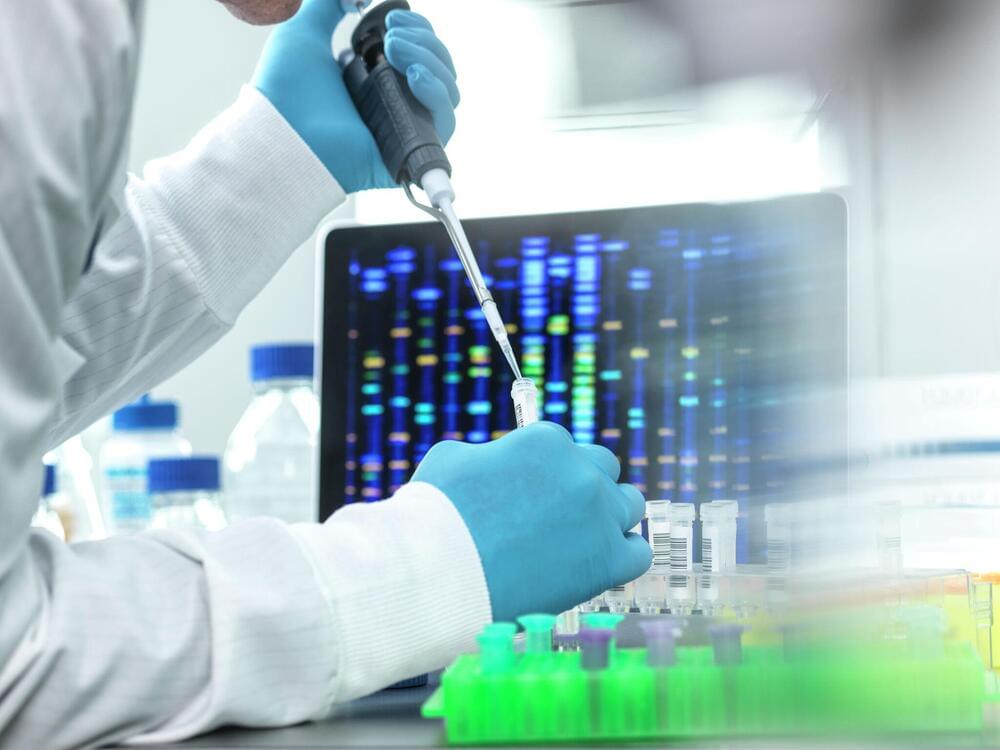The study of computational biology is essential to understanding this transition. By exploring how life processes information, we gain insights into the nature of consciousness and intelligence itself. Computational models are key to revealing how systems organize, adapt, and evolve toward greater complexity and self-awareness. This progression suggests a future where intelligence is no longer bound by biological limitations but extends into the realm of artificial systems, creating a symbiotic relationship between humans and machines.
Ultimately, NOOGENESIS challenges traditional scientific paradigms by framing the universe as an informational “self-simulating” entity, where consciousness plays a central role in its evolutionary processes. The origins of life, the evolution of intelligence, and the potential for a post-Singularity future are all part of this grand narrative. By embracing this view, we can cultivate a more comprehensive understanding of the universe and our place within it—one that recognizes the fundamental role of consciousness in shaping reality and guiding evolution toward the apotheosis of Omega Singularity, the final convergence of intelligence and complexity.
